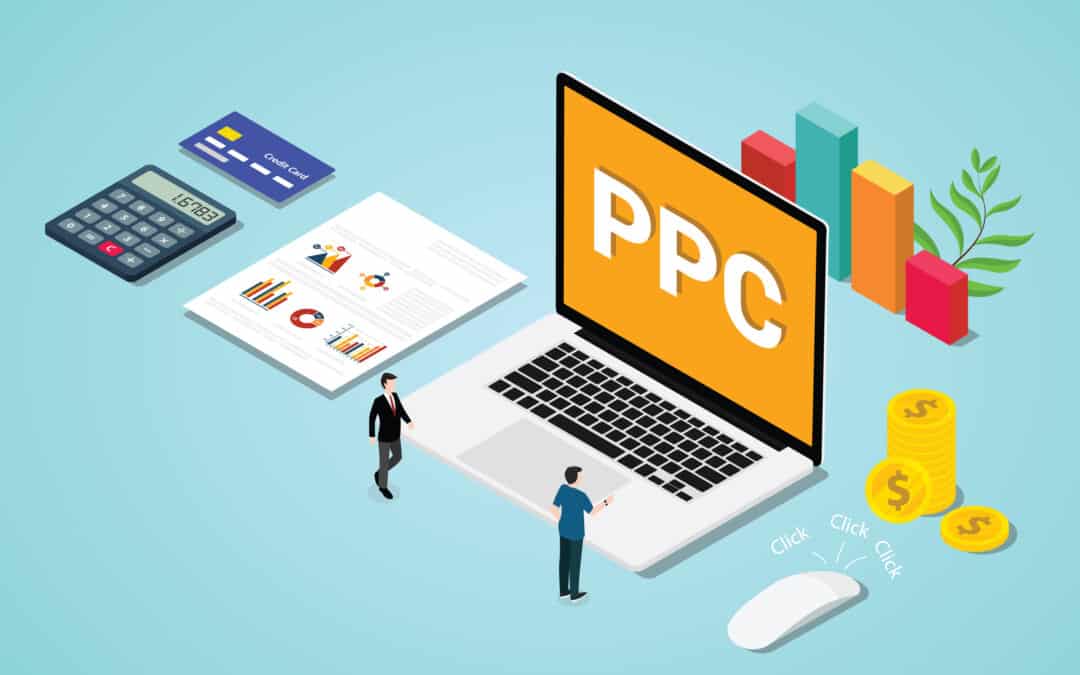What we Offer
Our Digital Marketing Services
Internet marketing is more complex than ever. Between evolving search engine algorithms, new advertising capabilities, and a constant stream of data, your business needs a trusted partner to help navigate the digital world. Our internet marketing company offers a full line of services for your website and online branding.
Search Engine Optimization (SEO)
Can your customers easily find you online? Are you bringing…
Paid Search Marketing
With all the content available on the web today, you need to invest in advertising to get in front of your target…
Content Marketing
Do you need content for your website but lack the resources to do it efficiently? Maybe you’re not sure…
Social Media & Influencer Marketing
WTM’s social media specialists can help your brand leverage relevant…
Web Design & Development
Need a new website? Our skilled designers and developers…
Marketing Audits
Find out if your website is living up to its full potential with a digital marketing audit. Our audits are customized…

When you work with WTM, you’re not just a client; you’re a partner. We get to know your company. From your culture to your customers, your unique selling points, goals, and long-term vision, we want to learn every facet of your business. In fact, it’s one of our agency’s core values to remain curious and always be learning.
Partners
%
Increase In Conversion
%
Average Revenue Growth
%
Increase in Website Traffic
A Team You’ll Love
A Culture We Love
Our team has a passion for digital marketing. We are constantly learning and expanding our digital knowledge so we can produce the best results for you. Our core values are what guide our team and decisions. Driven by these values, our company culture seeks to lift up team members and create an atmosphere of appreciation, empathy, and respect.






Transparent
All-In
Curious
Original




Transparent
Curious




Insightful
Accountable
Client Stories
Client Success Stories
Resources
The Latest
From Our Blog
Happy Clients
Client Testimonials
Partner with our
Digital Marketing Agency






























